Researchers in the United Kingdom and Australia have found that video gamers, especially esports competitors, may have an advantage in high-stress jobs such as military or emergency response roles. Their recent article, “Commentary on the Transferability of Esports to Military and Emergency Responder Roles,” explores how gaming experience might translate into real-world readiness.
The study, published in July, draws from research by experts including Benjamin Sharpe from the Human Attention Laboratory at the University of Chichester. The authors state that skills developed through video games could benefit service members and that more research should explore how games can strengthen training methods.
According to their review, certain video game genres help build specific abilities that are useful in demanding environments. Strategy and puzzle games, for example, support better decision-making, long-term planning, and perseverance. Puzzle games can sharpen pattern recognition, while single-player action games help players improve their reaction time and attention to detail. These traits are valuable for those in roles that depend on quick thinking and accuracy under pressure.
The researchers also reviewed studies on multiplayer games, such as World of Warcraft, finding that they promote collaboration, communication, and critical thinking. These are essential qualities in both team-based emergency response and military operations. They noted that competitive gaming and certain military positions, such as drone pilots or video display operators, share similar cognitive demands, making gaming experience particularly useful.
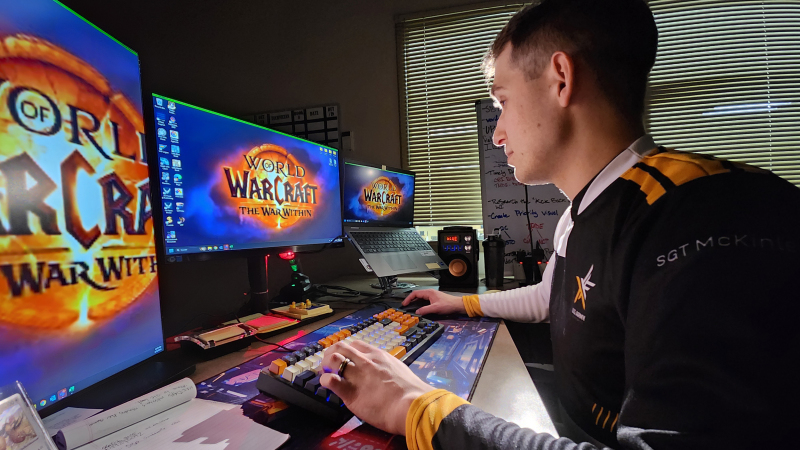
The commentary discussed how militaries worldwide are already incorporating video game elements into training. The U.S. military has adapted commercial games for instructional purposes, while the United Kingdom’s Ministry of Defence hosted events that brought together video game developers and defense personnel to explore new digital skill applications.
The researchers also examined the connection between physical and cognitive performance. Studies show that physical fitness can improve cognitive function, while mental fatigue can reduce physical endurance. This connection suggests that enhancing cognitive performance through video games might also boost physical performance during stressful missions or extended operations.
By simulating high-pressure environments, video games can train the brain to manage stress and stay focused. Experiencing challenging scenarios in a virtual setting could help players maintain mental clarity and physical stamina in real-world conditions.
The authors did not claim that playing video games will automatically improve team performance, but they suggested that the skills learned from gaming could be valuable in training programs. Future research could investigate whether incorporating specific games into military or emergency responder training plans can enhance these abilities in real-world conditions.
The study supports what many in the gaming community already believe: gaming builds discipline, coordination, and adaptability. As militaries and emergency services continue to adopt new technologies, these findings open the door for video games to play a larger role in preparing people for high-stress, high-stakes professions.

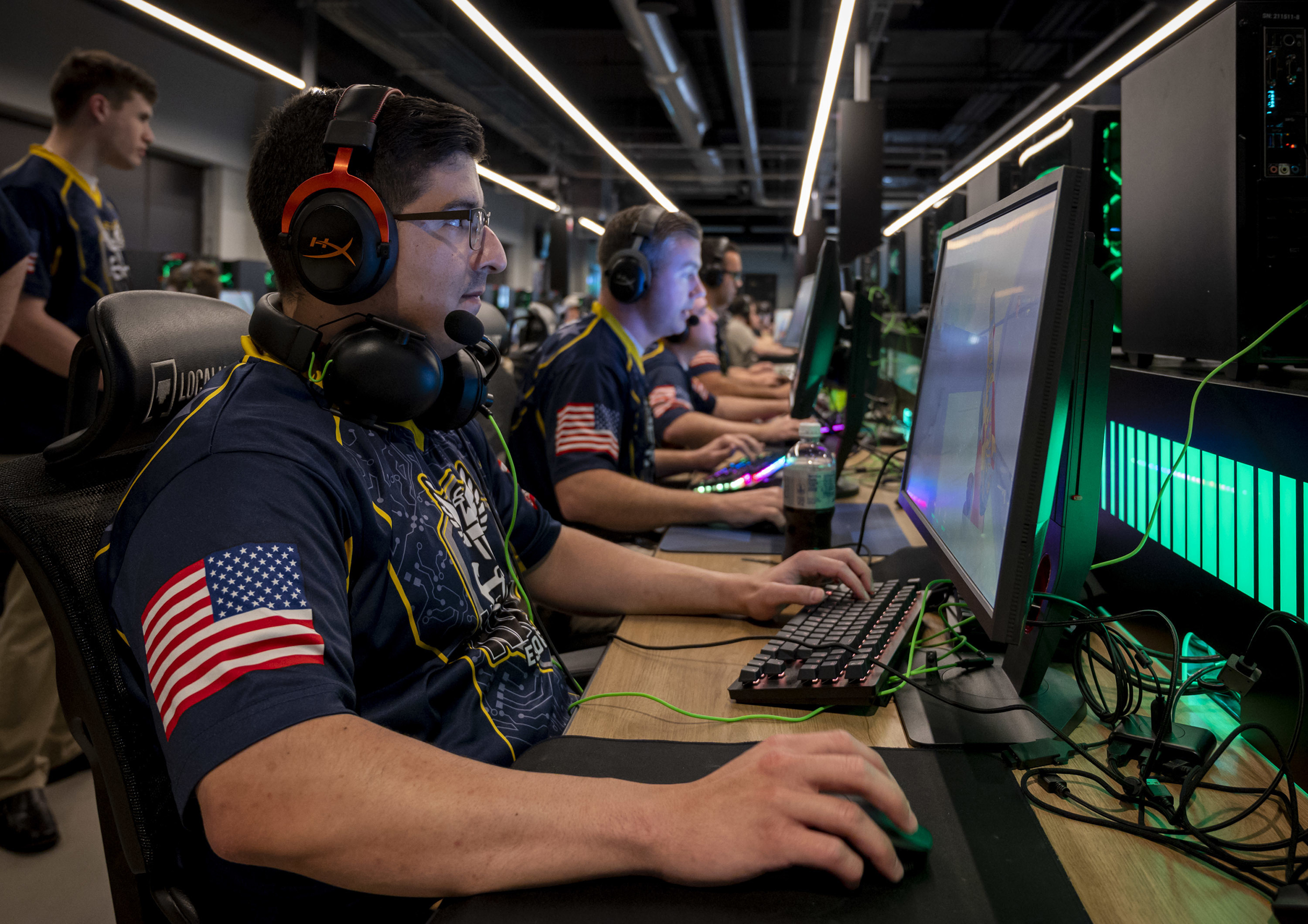
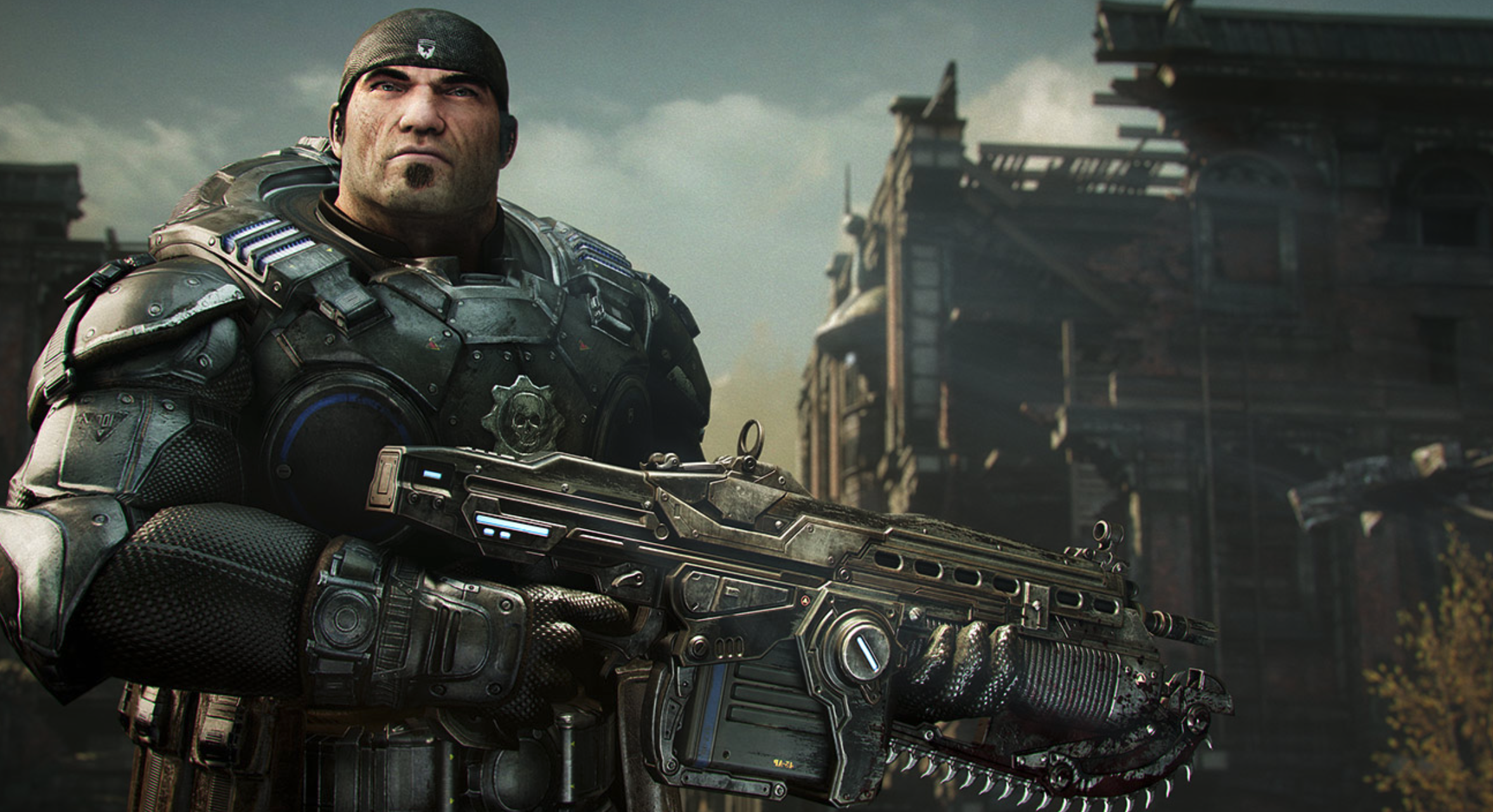
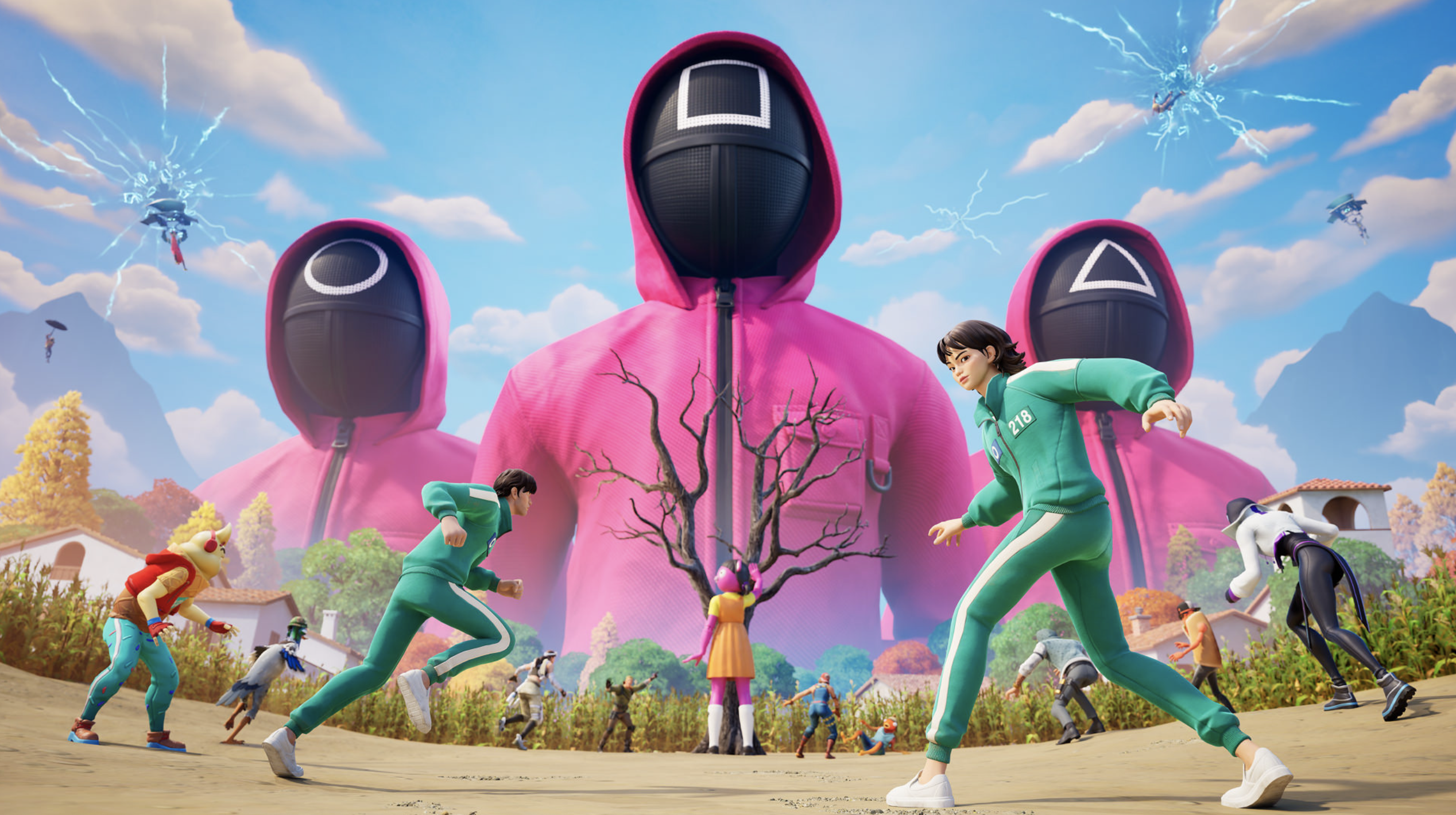


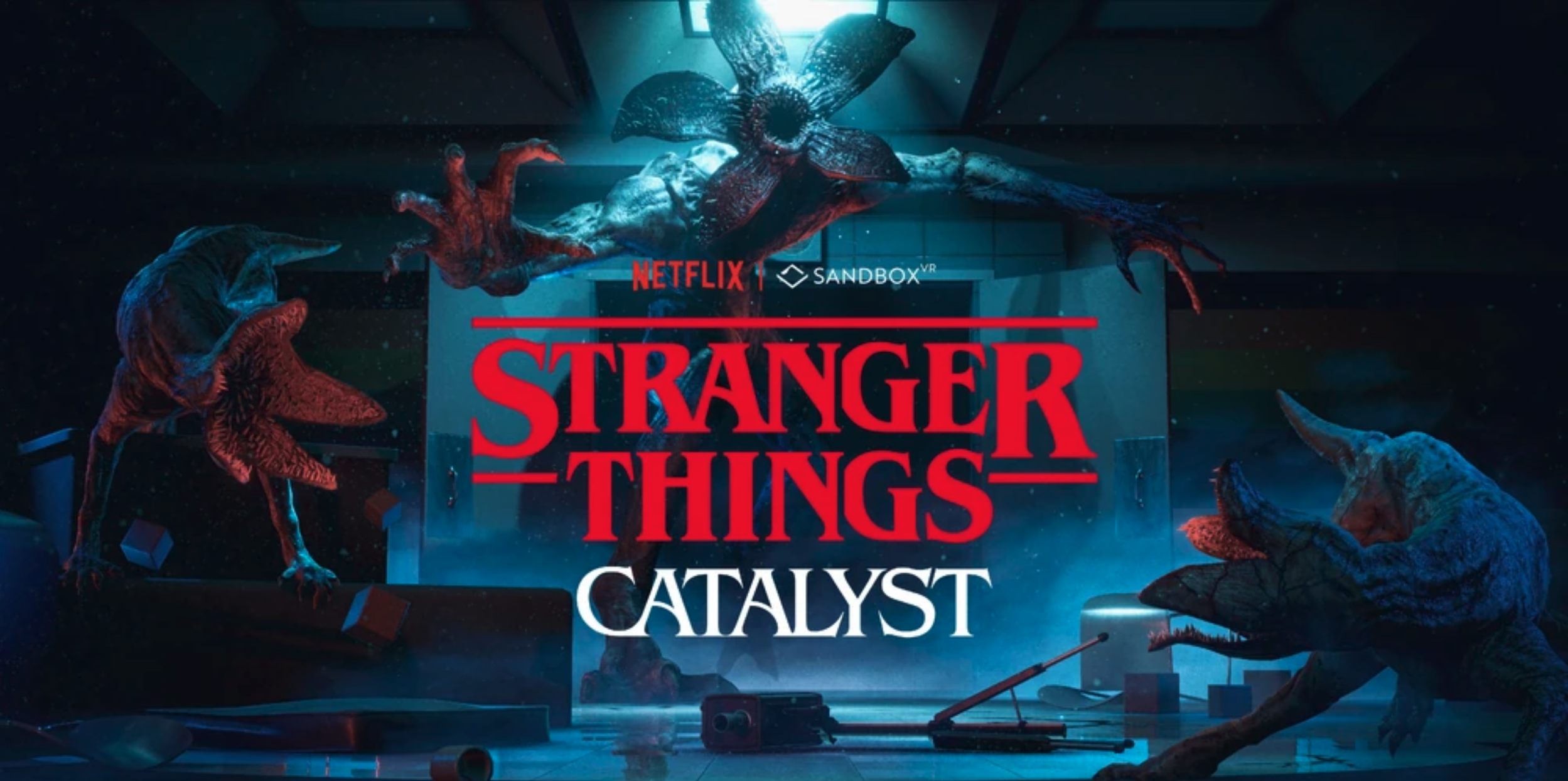
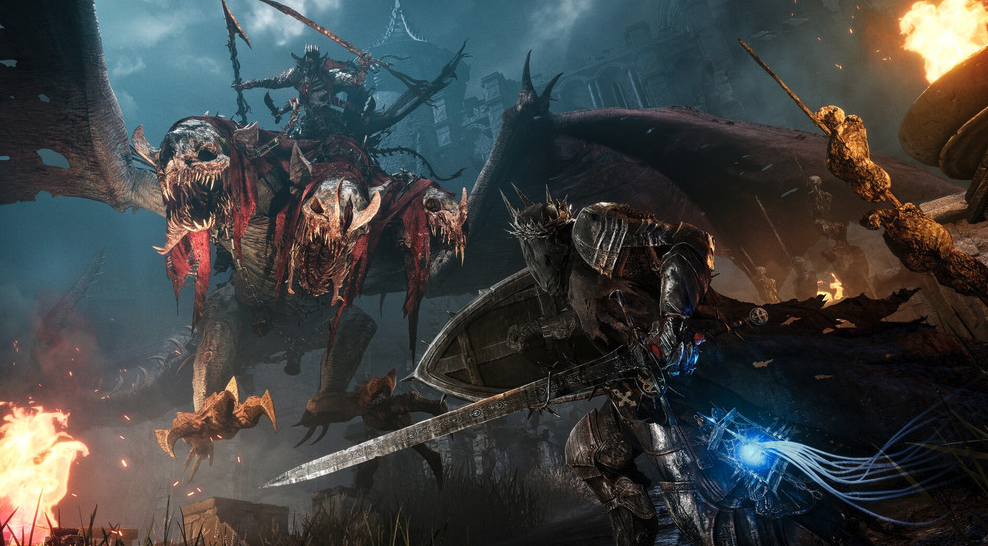


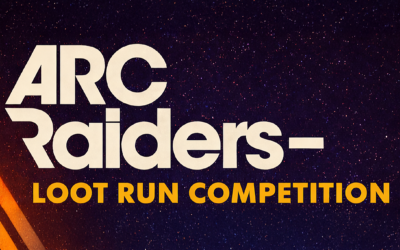
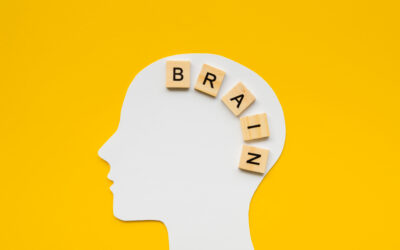
This is really awesome!
I would agree.
Interesting
They didn’t mention the age group they were focused on. I wonder if this is true for kids.
Interesting… makes sense that gaming skills like focus and teamwork could really help in high-pressure jobs.
Doesn’t surprise me at all. Dexterity gained from gaming alone helps the brain develop in many unforeseen productive ways.
Its for real….transferable skills that can have positive impacts in the workplace where performance and quick decisions are necessary.
Love it@
And the parents say gaming would lead to know good….lmao
This is really wild!